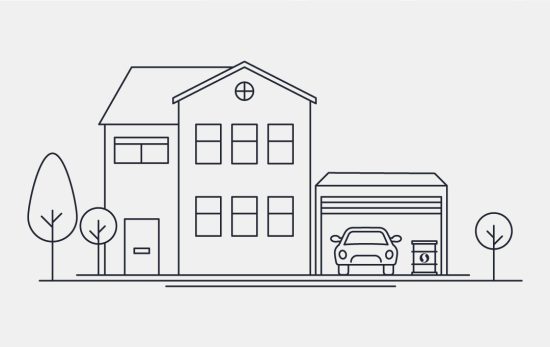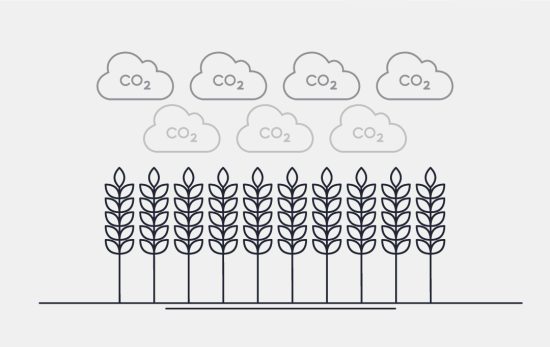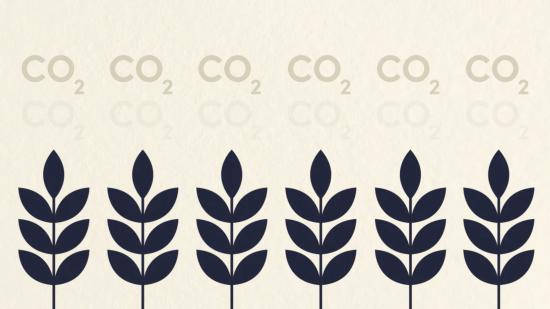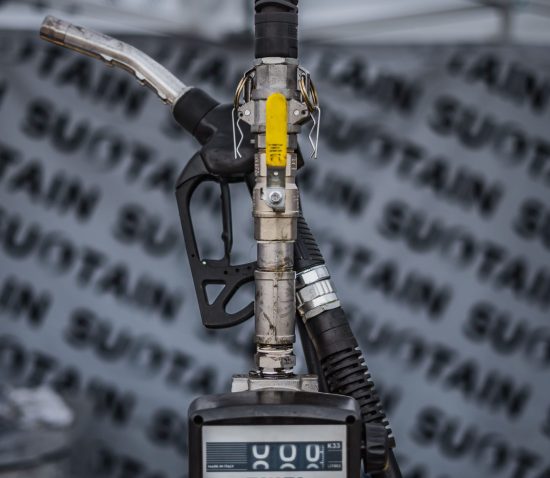
Sustainable Fuels: Myths Vs Truths
13 MINS
Read More
Sustainable Fuels

How Much Fuel Can You Store? A Comprehensive Guide
3 MINS
More Info
Classic Fuels

What are Sustainable Fuels?
2 MINS
More Info
Sustainable Fuels

The biofuel process
2 MINS
Sustainable Fuels

How are biofuels sustainable?
2 MINS
video
Sustainable Fuels

A sustainable future for the Dakar Rally
4 MINS
Race Fuels

Talking sustainable fuels with R.S.Williams
6 MINS
video
More Info
Classic Fuels

What is SUSTAIN Classic?
3 MINS
video
More Info
Classic Fuels

A guide to vehicle storage
6 MINS
Race Fuels

Are Alternative Fuels & Sustainable Fuels the Same?
3 MINS
Sustainable Fuels

Are green fuels and sustainable fuels the same?
4 MINS
Sustainable Fuels







